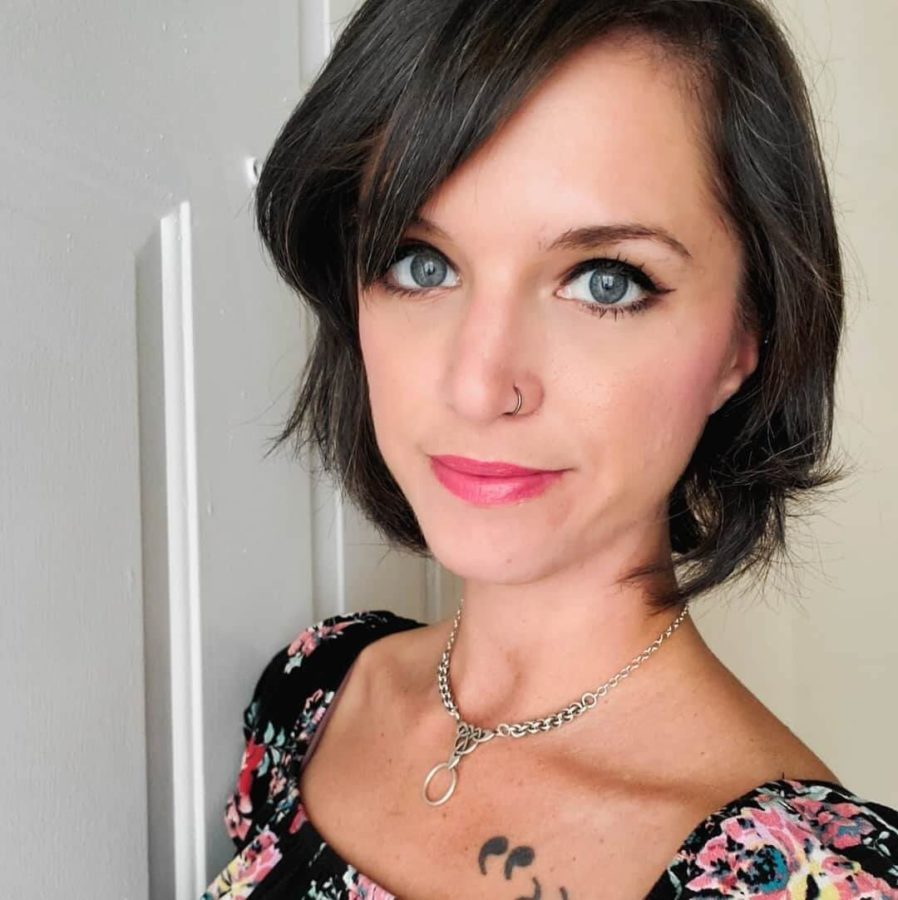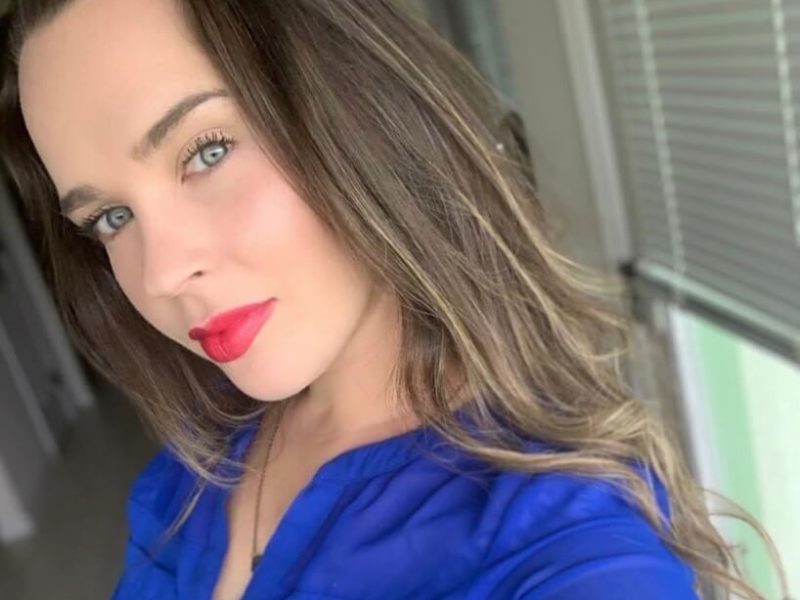Poets for a Cause: Ashley Sapp Details Her Experience with ECT Through Her Poetry
TW: mental disorders, suicidal thoughts
Disclaimer: This article is not intended to be a substitute for professional medical or mental health advice, diagnosis, or treatment. Always seek the advice of a qualified health provider before starting any new treatment or discontinuing an existing treatment, and never disregard professional medical or psychiatric advice because of something you have read in this article.
Last month, I had the chance to speak with poet Ashley Sapp as she bravely opened up about her mental health and her battle with suicidal ideation. After being diagnosed with bipolar disorder, panic disorder, and premenstrual dysphoric disorder, Ashley says she began to feel a sense of hopelessness regarding her treatment options. She confided in her husband and family that she did not feel her treatment was working. Fearing for her life, they voiced their concern and love for her, and she agreed to go to an inpatient facility at a local hospital. It was there that a new treatment option was recommended to her by her psychiatrist: electroconvulsive therapy.
Ashley Sapp: “ ECT is a procedure done under general anesthesia in which small electric currents are passed through the brain, intentionally triggering a brief seizure. This causes changes in brain chemistry that can reverse symptoms of certain mental health conditions, such as the deep depression I was in. The thought of receiving these treatments gave me a bit of anxiety, but I was desperate for relief so I went into them open-minded. For once, I even felt optimistic that this would finally bring me to a stable place. Through December and January, I received two ECTs a week before titrating to once a week.
. . . the ECTs offered me what felt like a new brain. The water subsided, the fog lifted, the pressure evaporated. I was able to think more clearly and recognize myself once more. I gained strength from my hospital stay and the ECTs, something I wouldn’t trade for anything. It was the hardest week of my life to date, and the weeks that followed weren’t much easier, but I steadily came home to myself. I regained my life.”
Ashley has had great results from the inclusion of ECT as a part of her treatment plan. However, she says that they have caused an unfortunate side effect: memory loss. Ashley states she is so grateful for the benefits she’s seen from her treatments, but she has also had to learn how to grieve the losses as she figures out how to move forward. This is what her selected poem focuses on: “figuring out a new normal with fragile remembrances and stability.”
Electroconvulsive Therapy Made Me Forget Many Things But Not Grief
“It’s quiet when you forget.
At first.
They warn you that the stimulation will result
in memory loss, but they don’t tell you that
what you’ll be left with is grief.
You will trade your recollection for your mind.
You will face a gaping hole where experience used to be.
There is sadness in forgetting, but you’ll regain yourself, too.
Pain fades and scars emerge.
It is slow but not gentle—
Unfortunately.
There is a price for everything. This, too.
That is why there is grief—you are better
and yet
you cannot remember how or why.
It is quiet when you forget because
the silence is what remains.
After.
The silence is a sorrow sonnet, reminding you not of what was lost
but instead of the fact that you lost it.
Say hello, though, now.
Introductions are my new saviors,
tiny initiations of person, place, and thing.
Petrified and preserving,
I am returning.
It is not so quiet.”
As we spoke, Ashley told me what a difference it made to have such a strong support system by her side as she sought effective treatment.
AS: “What I know now is if I hadn’t told them what was going on with me, if they didn’t know and urge me to go, I would not be here today. I know that as certainly as I know my name.”
Ashley’s story is such an encouragement for those who are struggling with mental illness.. When one facet stops working, it is so important to have health care providers and family or friends to confide in. It took immense courage for Ashley to open about her feelings regarding the effectiveness of her treatment plan,but as she illustrates in her story, there were more options for her. I hope this speaks to anyone struggling right now and reminds them that there are more options for them, too—though each person will require a unique treatment approach. Each and every person deserves to feel better and to find their way back to themselves—to return to being okay.
That underlying hope in the midst of such pain and hardship is something that whispers in the lines of her poems. Her journey has been paved with loss and transition, but it has also been a testament to recovery and renewed hope.
Reflecting on the obstacles she has faced and the unexpected grief she felt along the way, she adds,
“And yet—I am alive, happy, and well. Though memory loss is difficult, returning to myself has been worth every little step taken in this recovery process.”
Through the pain, through the aching loss, she is moving forward a little more each day into healing. Her poems speak to the depth of what she’s experienced while also offering solace and solidarity to anyone who may feel alone in their struggle. Ashley writes with an honest vulnerability and an earnest hope for herself and her readers. It was an honor to get to hear her story and to have the opportunity to share it with all of you. For more poetry from Ashley, follow her on Instagram.




